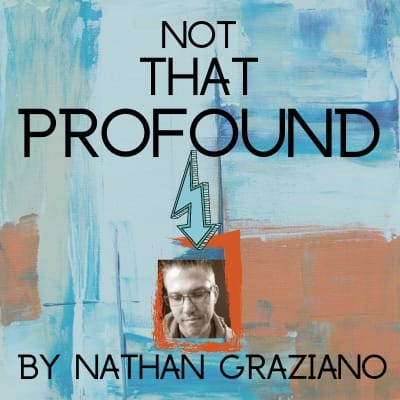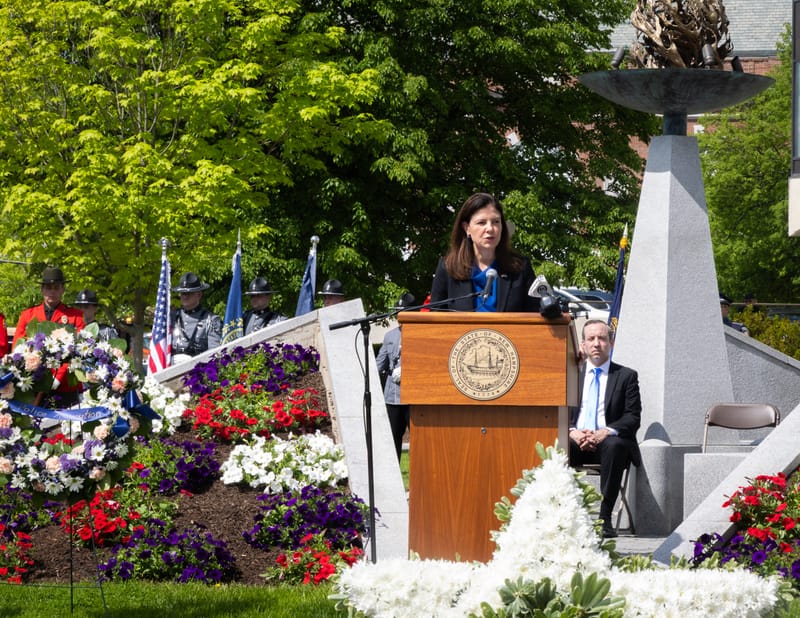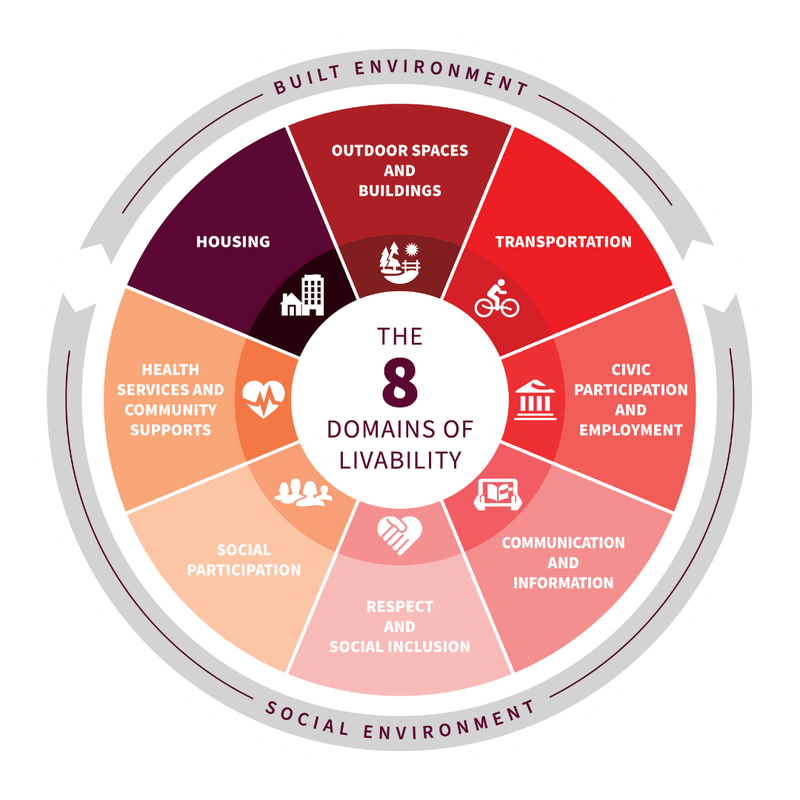School’s out (The Teacher’s Edition)
While there are certainly classes that, as a teacher, you’ll look back on fondly—as well as those classes that will continue to haunt your nightmares until your dying breath—one of the best things about my profession is that I still get to experience the exhilaration of the summer vacation every Jun

O P I N I O N
NOT THAT PROFOUND
by Nathan Graziano

Most of you can remember some version of the last day of school from childhood. You might remember watching the wall clock in the classroom tick down, awaiting a summer of complete and utter freedom.
Then the bell sounds, and you leap from your desk—arms raised in victory—as you scramble down the hallway and out the building doors into two months of life without homework, or alarm clocks, or headaches from teachers.
And maybe you assumed that your teachers were sad to see the school year end.
Wrong.
While there are certainly classes that, as a teacher, you’ll look back on fondly—as well as those classes that will continue to haunt your nightmares until your dying breath—one of the best things about my profession is that I still get to experience the exhilaration of the summer vacation every June.
Now, in fairness, most teachers cannot afford to take the entire summer off from work. Most of us have summer jobs to supplement our incomes—for example, you’re reading this right now. However, having roughly 10 weeks away from the classroom is not just a perk; it is a necessity if you hope for any longevity in education.
I’m well-aware that there are many people who view a teacher’s schedule as excessively cushy, and some people are cynical enough to label teaching “part-time” work.
To those people, I encourage you to come into the classroom and try teaching students—other people’s children with individualized needs and different kinds of baggage—from September until June. It is emotionally exhausting work that also wears on your mental health.
Without summer breaks, which is time for teachers to recharge their batteries and work on curriculum without grading to grind you down, most teachers wouldn’t last more than five years in a profession where burnout is ubiquitous. In fact, according to a survey by the National Education Association, 90 percent of teachers consider burnout to be a “somewhat serious problem” with the profession, while 67 percent consider it to be “very serious.”
Nationwide, there is a critical need for teachers. But given the climate in education and outright hostility toward educators—particularly post-Covid—are summer breaks alone enough of a carrot to entice young people to enter the profession right now?
In New Hampshire and the District of Columbia, teacher compensation is the worst nationwide. And most teachers will tell you that the climate in schools, and the public perception of educators—being harrased by parents and far-right fringe groups insistent on censoring what teachers say or teach—has made the job more untenable.
And public school budgets in New Hampshire are being eviscerated in favor of school voucher programs. While it has been ruled by a Superior Court judge that funding education in the New Hampshire is unconstitutional, it still seems to have no impact on the decisions being made at the state-level.
But why worry about all this kerfuffle on the first week of summer? School’s out (Crank it up!). So to my fellow educators, enjoy your summer break. You’ve earned it.
I’ll see you in August.





